Weed In Italy: Cannabis Legal Status Guide
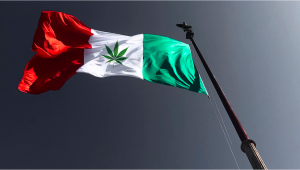
- 1. Cannabis laws in italy
- 1. a. Possession
- 1. b. Sale
- 1. c. Growing
- 2. Is cbd legal in italy?
- 3. Is it legal to send cannabis seeds to italy?
- 4. Medicinal cannabis in italy
- 5. Industrial hemp in italy
- 6. Politics
- 7. History
- 8. What is “cannabis light”?
- 9. Good to know
1. Cannabis Laws in Italy
So, is weed legal in Italy? Well, consuming weed in Italy is not illegal but possessing it or selling it is. The law is pretty tolerant when it comes to those caught with weed the first time, but getting caught with weed in Italy repeatedly may result in administrative sanctions. In 2007, weed laws in Italy changed and the government acknowledged the medicinal benefits of THC and CBD for medical conditions. So if you want to know more about cannabis in Italy, read along!
Possession
Under the 1990 Consolidated Law which is still used as a guideline for punishment, prevention, prohibition, and other drug-related activities, cannabis consumption is not illegal but possession is. Another law introduced in 2014 identified cannabis as one of the less dangerous substances so possessing cannabis may not result in jail time per se but you may end up losing your driver’s license permanently or for several months, depending on the case. For harder drugs, it can be extended for up to a year.
Normally, first-time offenders get a warning and formal request to stop using cannabis. This law changed in 2016 and allowed the regulation of hemp production, resulting in the appearance of “cannabis light” which can be purchased freely in lots of shops around Italy but cannot be consumed legally, being labeled as collector's items.
Sale
It is illegal to supply or sell cannabis in Italy but the punishment is usually less severe than for cocaine or heroin, for example. Selling heroin can result in up to 22 years in prison while selling weed results in a maximum of 6 years and as little as 6 months. Now, there are some exceptions to this. If the offender is a minor, the sentence is limited to 4 years.
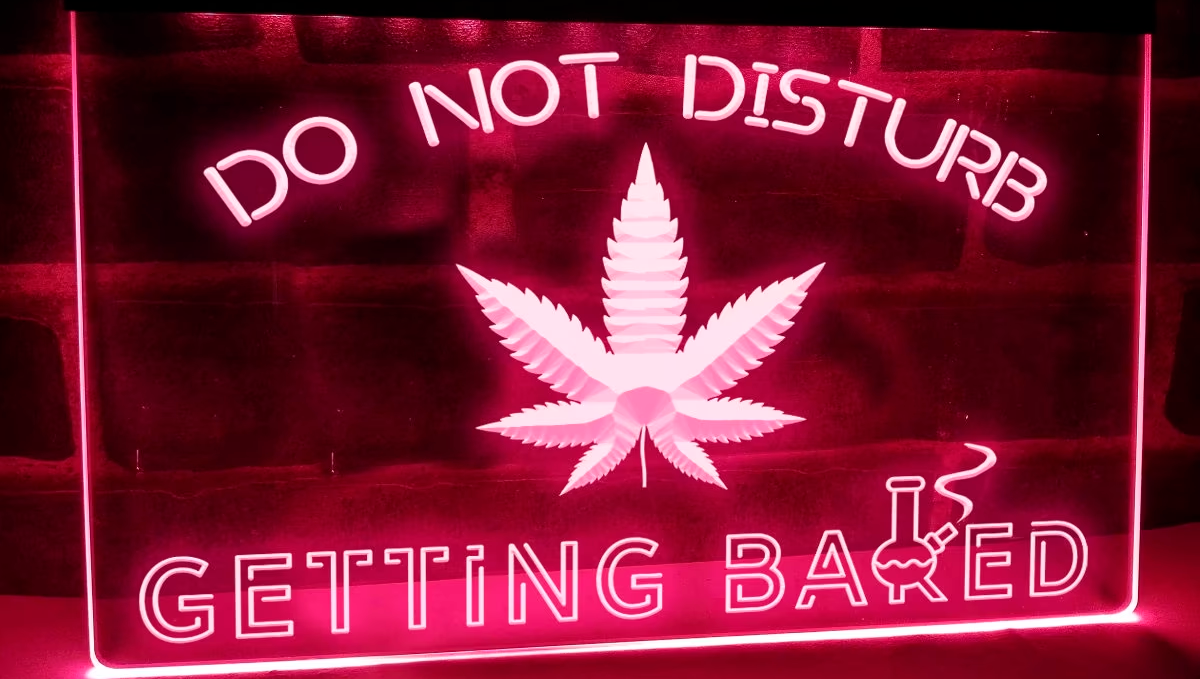
Keep in mind that the Italian judicial system will always take into account the mode of sale, offender’s character, conduct, and motives for supplying or selling weed.
Growing
Growing cannabis at home is illegal in Italy. However, since 2016 hemp cultivation has been legal and proved to be of benefit to Italian businesses who have started producing hemp-based products such as pasta and building materials. Hemp is also grown by the Italian military, making them the only organization permitted to grow medical cannabis. Also in 2016, the Italian parliament debated the possibility to legalize the cultivation of up to 5 plants for personal use but the proposal was strongly opposed by far-right parties and Catholic lawmakers.
2. Is CBD Legal in Italy?
As mentioned, medicinal CBD oil used for specific medical conditions is legal to buy and use but can only be purchased with a prescription. It’s also legal to buy CBD without a prescription but the THC content must be 0.6% or less.
3. Is it Legal to Send Cannabis Seeds to Italy?
In short, yes! It is legal to buy and sell cannabis seeds in most European countries, including Italy. However, it’s NOT legal to grow said cannabis seeds, so you can buy but not germinate them. The sale of cannabis flowers is also legal as long as the THC content is below 0.6%. Cannabis flower with high CBD contents and low THC contents is what is known as “cannabis light” in Italy.
4. Medicinal Cannabis in Italy
Back in 2013, Italy legalized cannabis for medicinal purposes but patients could only use Bedrocan which is a product imported from the Netherlands and pretty expensive. Later in 2014, Italy legalized the production of cannabis in military-owned facilities.
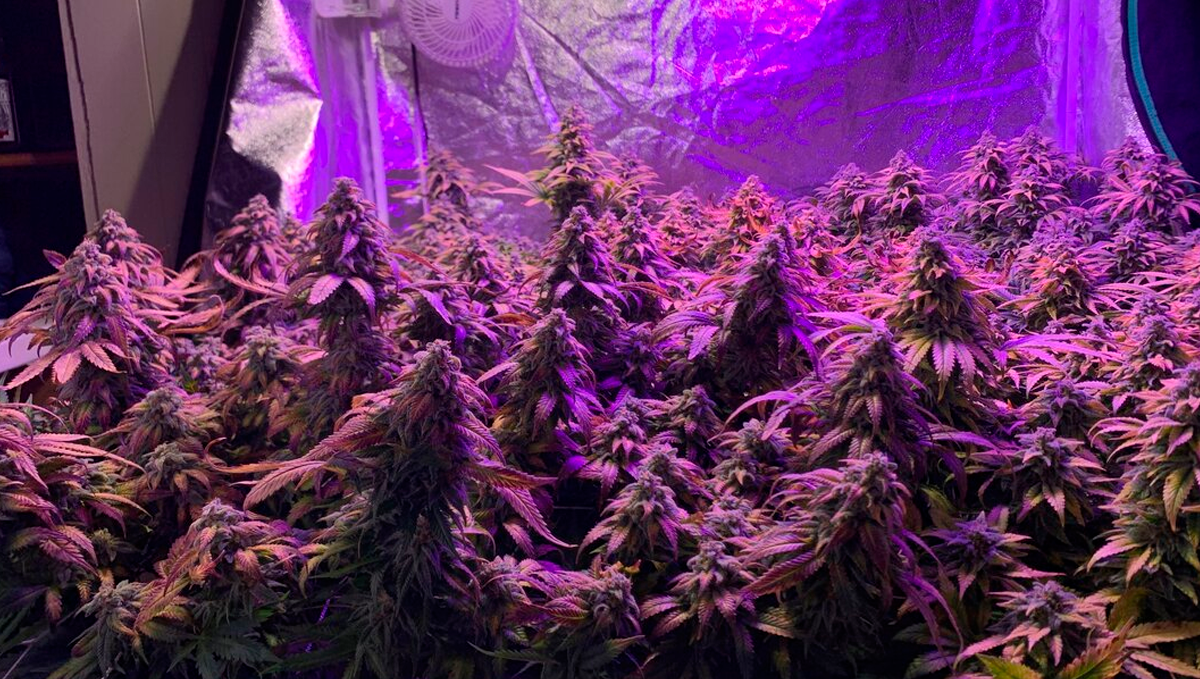
Meaning that the military is responsible for growing weed! Unfortunately, the demand has been increasing and the military cannot keep up with the demand which results in higher prices and makes it hard to obtain which is why most medicinal consumers are still using the black market to obtain their medicine. Up to this day, only those with a prescription, ministerial approval, and qualifying conditions can access medicinal cannabis, such as the following:
| Qualifying Conditions for Medicinal Cannabis in Italy | |
|---|---|
| Chronic Pain | Anorexia |
| Multiple Sclerosis | Spinal Cord Injury |
| Tourette’s Syndrome | Cachexia |
| Glaucoma | Nausea |
Keep in mind that patients must have tried all other treatments before being able to try medicinal cannabis. Medicinal weed in Rome and all other cities are only available in pharmacies. The prescription will be signed and stamped by the pharmacists so it’s impossible to repeat the same prescription. This means that you’ll need a new prescription every time you need more cannabis.
5. Industrial Hemp in Italy
In the early 1940s, Italy was amongst the world’s largest hemp producers with over 100 hectares of land dedicated to hemp cultivation. This changed after World War II when hemp was banned completely. Fast forward to 2017, Italy issued a new directive in which cultivating hemp became legal again, but only if it follows these rules:
- THC levels should NOT exceed 0.2%, according to European legislation.
- If THC contents do NOT exceed 0.6%, the farmer will not be penalized.
- If THC content exceeds 0.6%, the authorities can destroy or impound the crop.
6. Politics
All the political parties in Italy have different views on cannabis legalization. The Five Star Movement, on one hand, believes cannabis should be legalized, just like the Democratic Party. But there’s also strong opposition. The far-right League Party is against cannabis use and opposes legalization just like the Roman Catholic Church. This is mainly why legalization will depend on the party that wins the elections.
7. History
Hemp fields in Italy date back to the Roman era and there’s a lot of evidence that it was grown as a source of food, fabric, and building material in medieval times. In the 1900s, the Italians were trading four main varieties of hemp:
- Canapa Picola in Tuscany
- Bologna in Bologna, Ferrara, and Rovigo, and
- 2 types of Neapolitan in Naples
By 1940, Italy was amongst the largest producers of hemp but the industry declined during World War II when synthetic fibers were introduced, and in combination with the negativity surrounding cannabis, resulted in hemp becoming illegal. Fast forward to 2016, industrial hemp production was legalized and Italy has been cultivating cannabis again, permitting the sale of “cannabis light” although this could change if an opposing political party wins the elections.
8. What is “Cannabis Light”?
“Cannabis light” refers to cannabis flowers with 0.6% THC levels or less (which is pretty low considering most THC cannabis contains at least 14% THC) for medicinal purposes. “Cannabis light” started being sold after hemp cultivation was legalized in 2016.
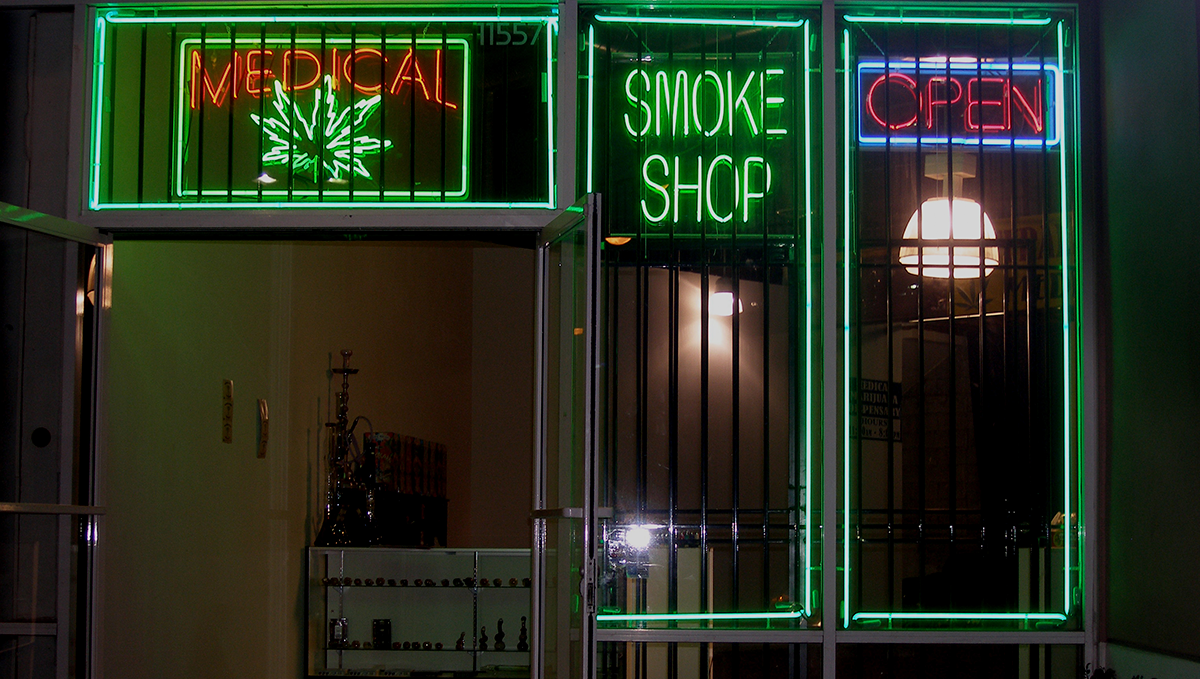
The law regulates the use of hemp but not the flowers so producers saw it as a way to make a profit. Nowadays you can find over 500 shops in Italy that sell cannabis light but it’s not just shops that benefit from this, farmers are also happy as this has weakened the mafia which has controlled the businesses for years.
9. Good to Know
If you live in Italy or are planning on traveling there, here are a couple of interesting facts you should know:
- 20.7% of the population between 15 and 34 years old consume cannabis.
- Weed and hash are the most commonly seizes substances.
- In 2016 the government attempted to pass a law allowing individuals to grow up to 5 plants for personal use and also allow the formation of cannabis clubs for up to 50 members but the law was not approved due to the opposition from the Roman Catholic Church.












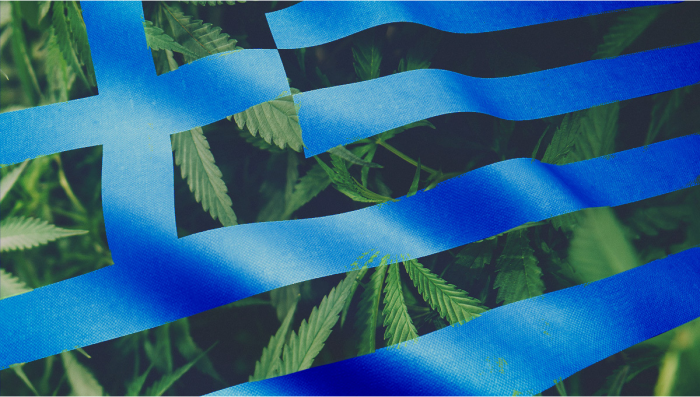
Comments